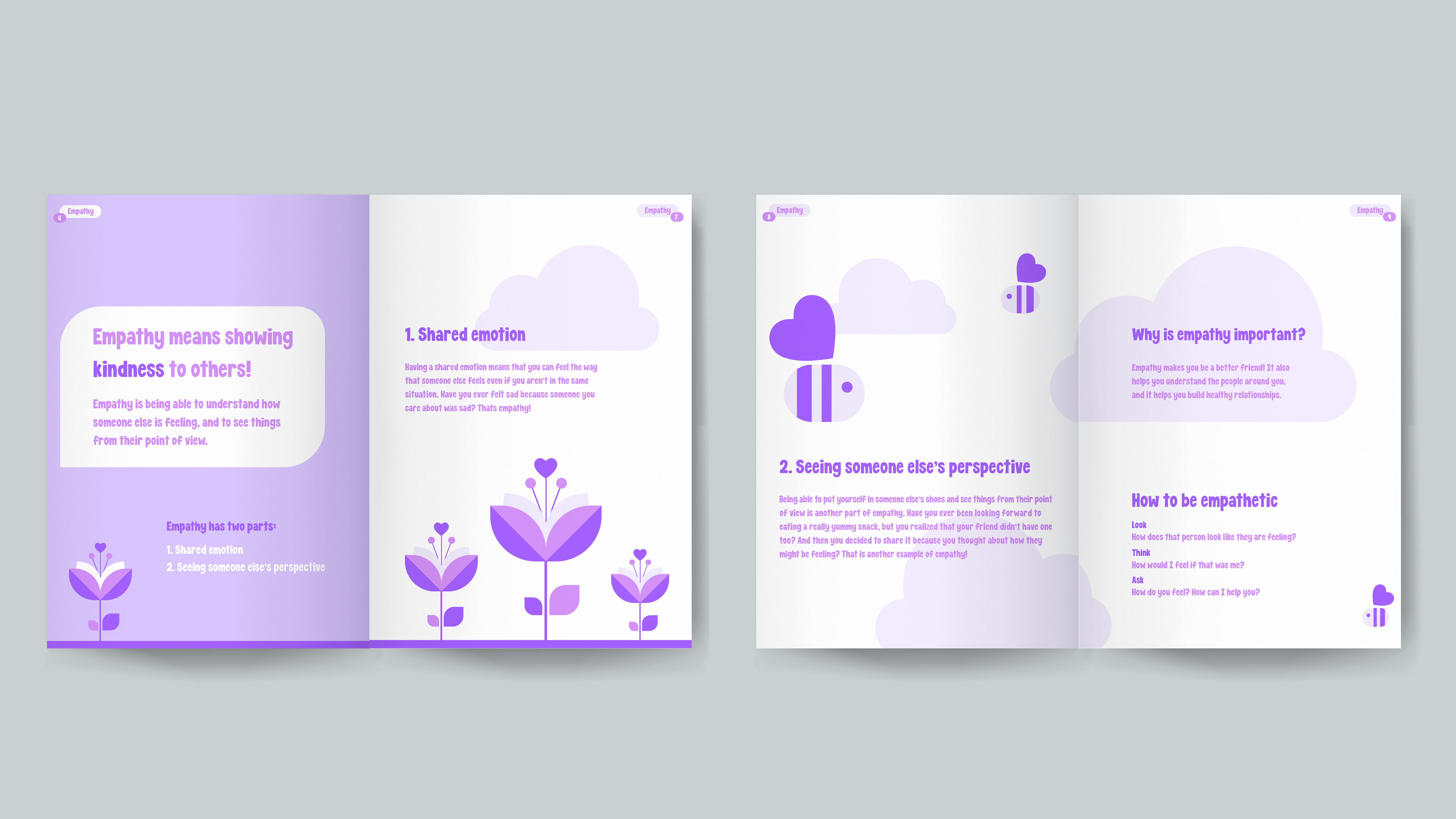
Brittney Chavez

Abstract
One of our greatest challenges in society is equipping our children with the skills they need in order to navigate life’s many challenges. In this data focused world where test scores and academic progress seem to dominate the landscape of the elementary school curriculum, it can be easy to overlook the importance of placing more emphasis on social emotional learning in the classroom. Social emotional learning provides the framework for developing emotional intelligence skills. It is the process in which individuals are able to become more self aware, understand their thoughts and emotions, develop empathy for those around them, cultivate and maintain healthy relationships, and to learn responsible decision making skills. Over the years, emotional intelligence has become a hot topic of discussion in terms of its importance over cognitive abilities such as memory skills, motor skills, and perception. It is argued that emotional intelligence is the foundation for academic success, and according to a study from The American Journal of Public Health, the measure of cognitive ability through test scores or IQ are less predictive of future success than measures of non-cognitive characteristics such as interpersonal skills, self-discipline, and academic motivation. Through this study, it was discovered that constructive intervention in preschool and the early elementary years can greatly improve non-cognitive skills in children which are central to long term effects on physical health, crime, substance abuse, and employment. Unfortunately, most teachers are ill equipped with the proper tools or training to address the overwhelming need to adopt a well rounded social emotional learning approach for their young students, because they are burdened with placing emphasis on academic progress. This thesis aims to explore and identify meaningful solutions in order to provide the proper support and instruction so that our next generation can obtain the necessary skills that will have a lasting positive impact on their future success and overall well being. I intend to use data that is gleaned from academic journals and articles that have laid the groundwork in observing the effects of social emotional learning in young school age children. I will also include interviews and/or surveys from elementary school teachers in order to provide insight in regards to what kinds of tools would be practical to implement this type of curriculum. My design outcome will be a toolkit that teachers can use with their students, and will consist of multiple tools and/or activities that will help them explore and engage in the five different aspects of emotional intelligence which include self awareness, self regulation, internal motivation, empathy, and social skills. Although my primary target audience is elementary school teachers, the toolkit will be created in a way that will make it easily adaptable for home use, which will make it a more diverse and functional product. My goal is to reach children in kindergarten through third grade in an attempt to ingrain these essential skills as early as possible. As a result, I aim to ensure that our next generation of future leaders are equipped with the necessary interpersonal skills that will allow them to live well rounded happy and healthy lives.

Thesis Advisors
Earl Gee: SJSU Graphic Design Professor
Connie Hwang: SJSU Graphic Design Professor
Krissy Connell: SJSU Lecturer, Child & Adolescent Development
Research Questions
1. Why is it important for kids to develop social awareness?
2. How can children change the way in which they manage their emotions and react to negative situations?
3. What are effective ways of establishing positive emotional intelligence?


Outcome
Throughout this project, my research aimed to identify the importance of social emotional learning in elementary school children, and its impact on their overall quality of life. Based on my research, it can be concluded that emotional intelligence has a huge impact on academic achievement and the future success of children. My results indicate that emotional intelligence instills resilience, improves academic engagement, and has a huge influence on physical and mental health. It is further concluded that people with higher emotional intelligence are able to maintain healthy relationships, and they make more responsible decisions due to their ability to regulate their emotions and communicate effectively. Thrive is a toolkit that was created to help teachers incorporate social emotional learning in their classrooms, and to help parents teach their kids about emotional intelligence. It serves to bridge the gap between what is learned at school and the behaviors that are reinforced at home. Through the use of online surveys, I discovered that the needs of teachers and parents are vastly different, and that both groups require flexibility and variety in terms of what works best for their children/students. Thrive is the solution which provides teachers with multiple ways of teaching emotional intelligence in addition to providing parents with multiple ways of engaging their children. It also has the potential of being extended into a digital platform which would make it more accessible, and it could be easily adapted to fit an older target audience. Investing in our children's’ emotional intelligence has a huge impact on their future because it teaches them how to manage stress, regulate their behaviors, and navigate social complexities. Social emotional learning provides children with the tools that they need to grow into well adjusted adults. Instilling positive coping mechanisms and embracing emotional intelligence at a young age will help our children far greater than placing an emphasis on test scores and academic achievement. By providing children with these tools, we are essentially building stronger communities, and better leaders. Encouraging our younger generations to embrace emotional intelligence will help create a more compassionate world.